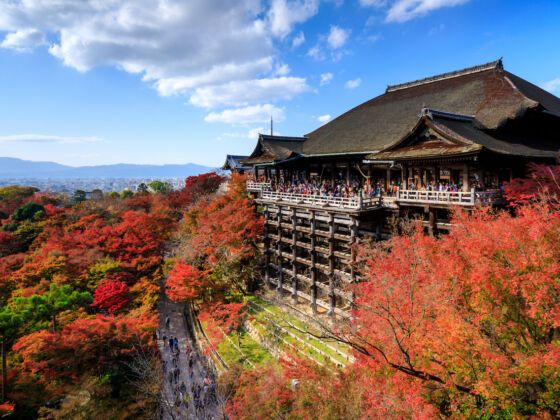JAPAN SELLS ITSELF to tourists (and its own people) as the only place in the world to experience four true seasons — it certainly is one of the few countries in Asia to have a climate allowing for snow, blooming flowers, and fall foliage… after the nightmare that is rainy season.
1. “Cool Biz” ends
Ten years ago, the Japanese government started the “Cool Biz” campaign to save on energy costs during the summer, suggesting companies maintain their thermostat to a toasty 28 C and adopt a looser dress code during June, July, August, and September, as opposed to the more formal dress code required during the rest of the year. Starting September 30th, for many employees, it’s back to suit and tie five days a week…
